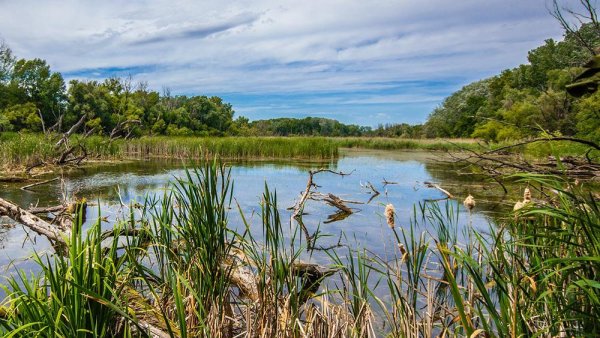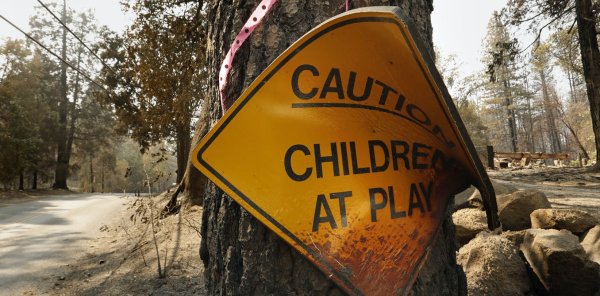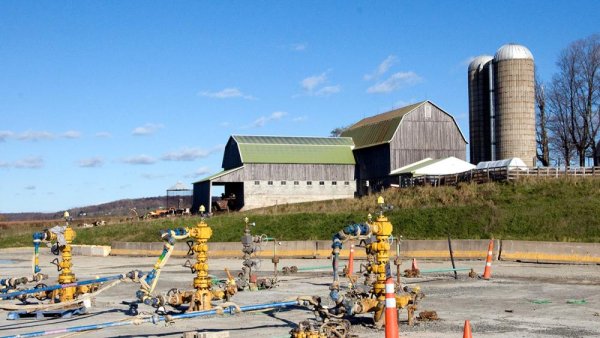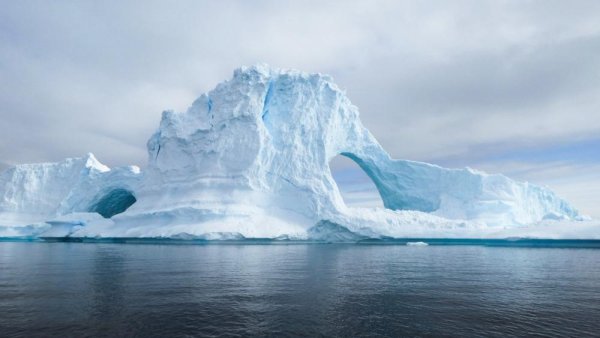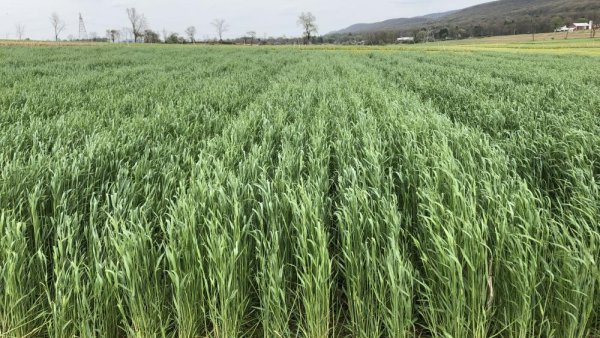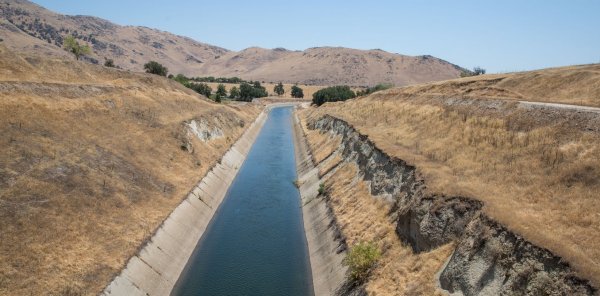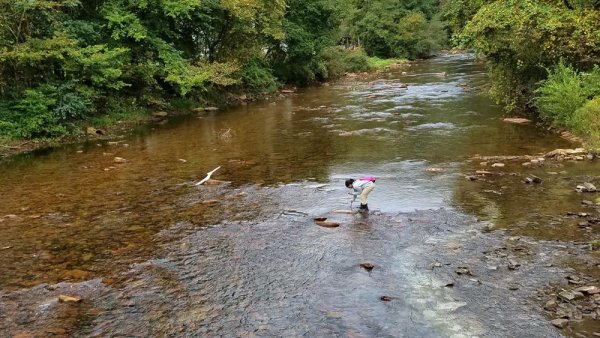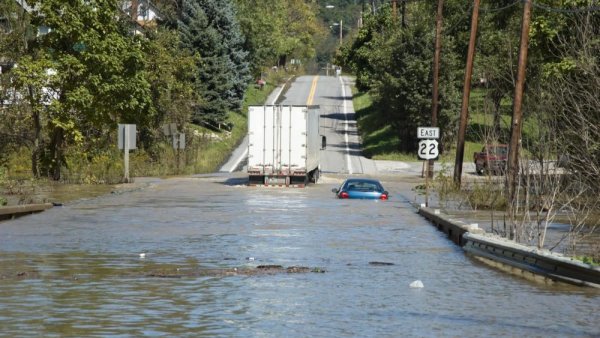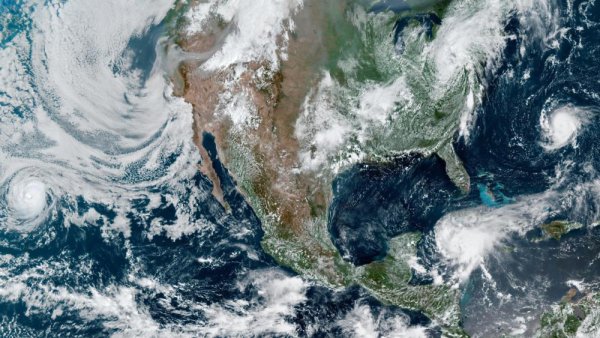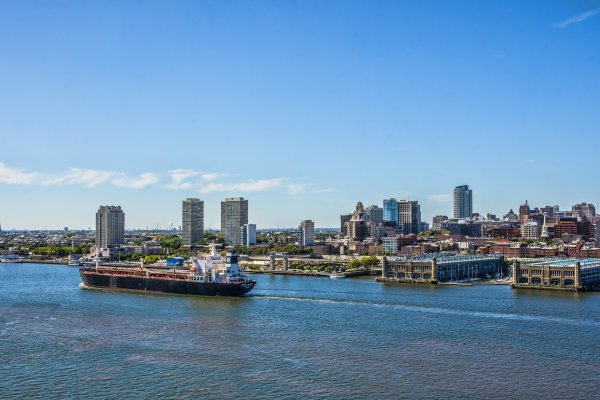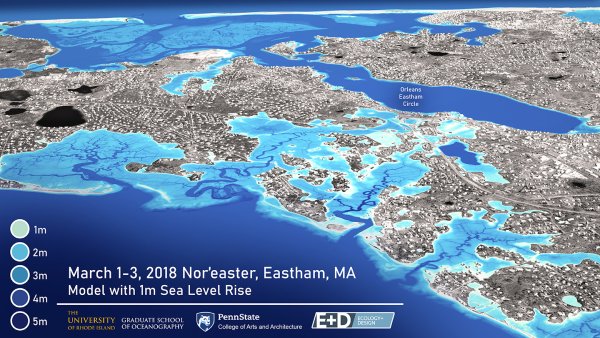Carbon flow through inland and coastal waterways, implications for climate
| psu.edu
A recent study found that the flows of carbon through the complex network of water bodies that connect land and ocean has often been overlooked and that ignoring these flows overestimates the carbon storage in terrestrial ecosystems and underestimates sedimentary and oceanic carbon storage.
US Climate risks are rising – a scientist looks at the dangers her children will have to adapt to, from wildfires to coastal flooding and water scarcity
| theconversation.com
The author’s 9-year-old son and kids his age will likely face about four times as many extreme events in their lifetimes as older adults today. A new report explains the impacts already being felt.
Researchers to study possible links between fracking, water contaminants
| psu.edu
A new grant from HEI Energy will allow a Penn State-led research team to explore possible links between unconventional oil and gas development, commonly known as fracking, and water contaminants in southwestern Pennsylvania.
Grant to help scientists use AI to better measure Antarctic surface ice, climate
| psu.edu
A $300,000 National Science Foundation grant will help scientists develop artificial intelligence to better analyze imagery from satellites and other remote sensing devices that are currently monitoring surface ice in the Antarctic, according to a team of researchers.
Dairy farmers can adapt to climate change
| psu.edu
Dairy farmers in the Northeast — facing a warming climate that exacerbates nutrient pollution but lengthens the growing season — can reduce the environmental impact of their operations and maximize revenues by double cropping and injecting manure into the soil, rather than broadcasting it.
'Zero Day' for California water? Not yet, but unprecedented water restrictions send a sharp warning
| theconversation.com
Long before climate change was evident, California began planning a system of canals and reservoirs to carry water from the mountains to drier farms and cities. It’s no longer enough.
Novel model can aid decisions in electricity generation, stream water quality
| psu.edu
Switching from coal to natural gas in power plants can reduce how much sulfur dioxide is emitted into the atmosphere and ultimately how much sulfate pollution enters waterways, according to a Penn State-led research team that has developed a model to detect if the recent switch from coal to gas is affecting streams.
Climate uncertainty colors flood risk assessment
| psu.edu
Understanding how climate change will affect the flooding of rivers may become easier with a new framework for assessing flood risk that's been developed by an interdisciplinary team from Penn State.
Penn State joins $72 million NASA consortium to study Earth system science
| psu.edu
Understanding how Earth and its atmosphere behave in their natural settings and under the impact of human influence is the focus of a new $72 million consortium funded by the NASA Goddard Space Flight Center.
NSF awards $19.9M to improve climate-risk decision-making along coastlines
| psu.edu
A grant from the National Science Foundation’s Coastlines and People Program will help to bring researchers and stakeholders together in the New York City-New Jersey-Philadelphia region to equitably support coastal communities to better manage coastal climate risks.
New Penn State consortium launches to help fuel the energy revolution
| psu.edu
A new consortium is working to examine the transformation of energy systems through holistic, unified processes that consider the whole energy portfolio versus addressing individual problems.
Penn State partners on project to help protect coastal communities
| psu.edu
A Penn State researcher is part of a research team that was awarded a four-year, $1.5 million grant through the National Oceanic and Atmospheric Administration to study the effects of sea level rise and how it may exacerbate the impact of extreme weather.

